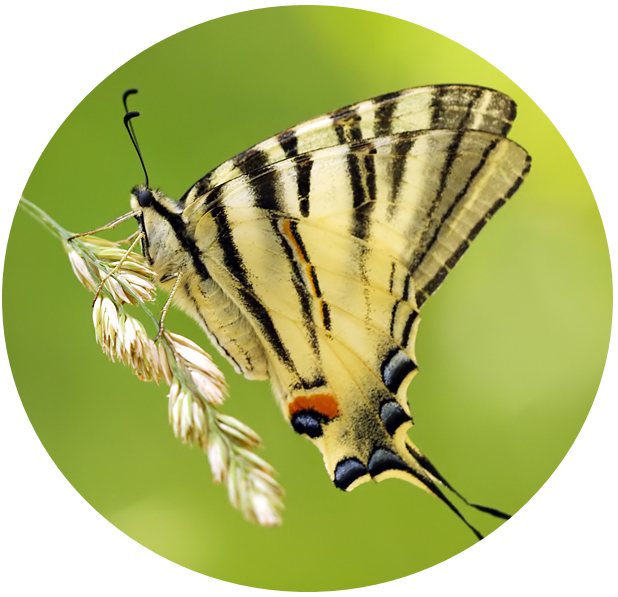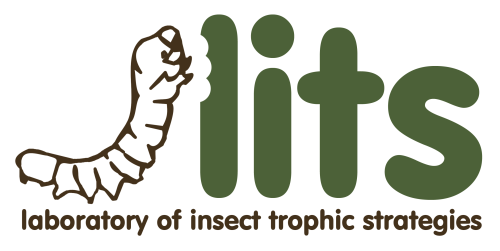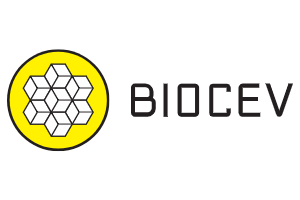Laboratory of insect trophic strategies
LITS – Laboratory of Insect Trophic Strategies,
Department of Biology and Ecology, Faculty of Science, University of
Ostrava
Recent topics
Recent research topics of our lab.
Research team
Our laboratory staff.
Research outputs
Our recent publication outputs.
For public
Events, projects and media reports aimed to public.
About us
Main research initiatives
Laboratory of insect trophic strategies (LITS) has been active at the Department of Biology and Ecology (Faculty of Science, University of Ostrava) since 2000. Our activities are mainly focused on the interactions of insect herbivores within trophic webs in relation to evolution of biological diversity. We are interested in following insect groups and their microbial symbionts:
- butterflies (Lepidoptera)
- predators of herbivorous insects (Hymenoptera: Formicoidea)
- insect parasitoids (Hymenoptera, Diptera)
- leaf chewing beetles (Coleoptera: Curculionidae, Chrysomelidae, Scarabaeidae)
- bryophagous insects (Coleoptera: Byrrhidae, Lepidoptera: Pyraloidea, Mecoptera: Boreidae)
- gall-forming insects (Diptera: Cecidomyiidae)
- aphids (Hemiptera: Aphidoidea)

Why do we study insects?

The most diverse group
Insects are the largest and the most diverse group of organisms, representing about 60% of all species on the Earth.


Role in ecosystem
Insects play a key role in ecosystems along all trophic levels – from predators to decompositors.

Conservation
Insects occupy all ecosystems and a large number of species are sensitive to environmental changes. Thus, they are very important species for biological assessment and nature conservation.

Technology
Insects are an inspiration for technological innovations (robotics, aerodynamics, new materials).

Economy
Insects are an economically important group of organisms; they have a major impact on forestry, agriculture (pests, apiculture, etc.), or medicine (vectors of diseases, pharmacy, etc.).
Our partner laboratories



